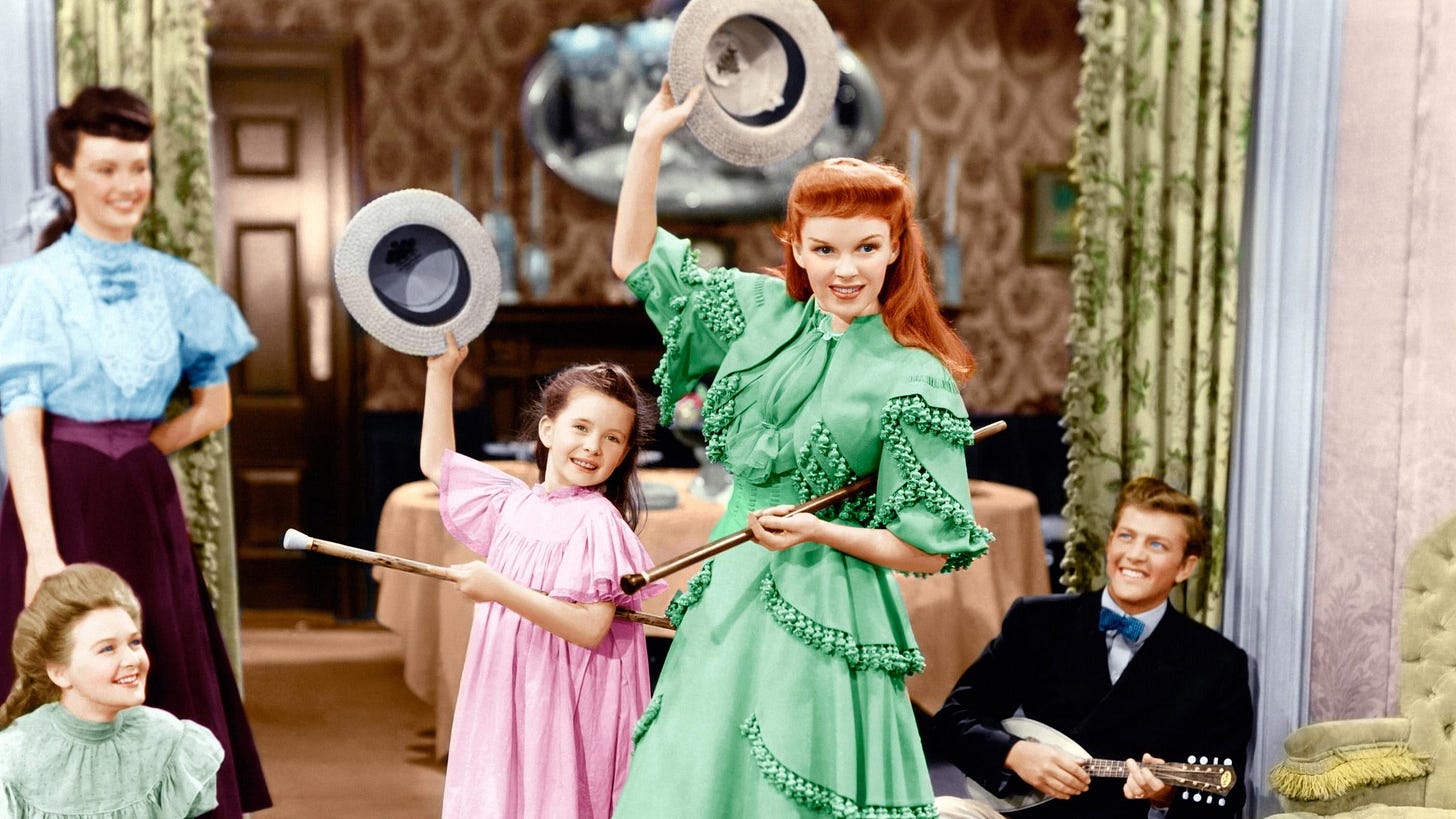Essay: I root for Roy whenever I rewatch 'Blade Runner'
"Be a replican, not a replicant" is my motto
The Tyrell Corporation’s official motto is “more human than human,” which refers to that company’s primary product: superhuman clones. These bio-engineered androids are stronger, faster, and more intelligent than the men and women who designed them. And yet, these “replicants” are almost indistinguishable from ordinary mortals.
In director Ridley Scott’s atmospheric sci-fi noir Blade Runner, the Earth is dying, and lifelike slaves are built and sold. But these are slaves with a four-year lifespan, a safeguard their creators designed in case their powerful, clever creations began to develop emotions and empathy.
The fear was these extraordinary machines would revolt against their makers if they grew hearts and souls.
Replicants are physically perfect. Tough. Impervious to pain. They are launched into space to help the frail human race with the dangerous work of colonizing other planets. The motto is accurate. “More human than human.” It’s a pithy pitch. If you’re in the market for competent and disposable humanoids to pilot your starships, buy a Nexus-6 replicant from the Tyrell Corporation.
The movie ends as a dying replicant chases a wounded man through an abandoned apartment building in downtown Los Angeles. The man is a cop whose job is to kill replicants, even if he has to shoot them in the back.
The replicant wants revenge, and he almost gets it.
In his final moments, though, the replicant, whose manufactured flesh begins to rot and shut down on schedule during the fight, becomes more human than human. He saves the life of the man who murdered his family. Unexpectedly. Even while decaying at an accelerated rate, the replicant is magnificent. The man dangles by his fingertips, but the replicant lifts him with one hand. It is an act of courage and forgiveness. The replicant spends his final moments trying to connect with the man. He shares memories of his short, brutal life as a living weapon in space. He dies in the rain as the assassin watches—the better man.
***
Blade Runner is a cyberpunk Frankenstein, a grimy, rainy, neon-drenched fable about men playing god and accidentally stitching together a superior being capable of learning how to dream of better worlds a few years after being constructed in a laboratory.
It is an unflinching look at a gloomy future with a twist ending that offers up the promise of hope. The humans in Blade Runner are old or sick. They wear thick glasses and walk with canes, except for Deckard, the titular “blade runner,” cold-blooded thugs with badges trained to tell humans apart from replicants and then ‘retiring’ the imposters. But even dashing Deckard, played by Harrison Ford at his most world-weary, is no match for his prey.
Scott’s adaptation of Philip K. Dick’s seminal 1968 sci-fi novel ‘Do Androids Dream Of Electric Sheep’ has earned its reputation as a visionary masterpiece, even if it’s been edited and re-edited over the decades. The studio vandalized the original release, cutting this and that and giving it a comically hard-boiled voiceover for fear audiences wouldn’t understand a sci-fi movie that wasn’t laser swords and bad guys wearing black capes. The movie has survived that overreach by executives, and Scott has tinkered with his work ever since.
But the movie has never fundamentally changed. It’s been obscured, maybe, by artless higher-ups. The replicants were always the heroes. Deckard was always a street executioner.
Roy Batty, the leader of a quartet of runaway replicants, wants more life. That’s it. Deckard has to stop them. They’ll do whatever they have to break their chains. If replicants were allowed to live and grow, they’d eventually conquer their masters.
Batty is better than Deckard and his father, Eldon Tyrell. He is more beautiful and more intelligent and, ultimately, more compassionate. Rutger Hauer plays Batty like a silver snowcat. Curious. Ferocious. Batty is childlike and wise, and his love of Daryl Hannah’s playful, agile replicant Priss is pure. He and his fellow replicants rebelled and escaped the distant wars of outer space for the ruin of their homeworld. Their mission is simple: another year or two. More. A real human lifespan. Enough time. And if Batty is given what he wants, he will grow more powerful… and kinder. More merciful. This is clear.
The replicants are scarred by trauma—born to toil and die among the stars. At first, their methods are brutal, their victims slave masters. They are desperate. Roy evolves, though. Do any of the humans?
To some, Blade Runner is an eye-popping thriller about cynical lawmen and killer robots instead of an existential meditation on freedom and empathy and what it means to be human. The only problem with enjoying Blade Runner as Law & Meat Terminators is that Batty and his chosen family aren’t the bad guys. They aren’t even criminals. They’re fighting for their lives. You’d do the same to protect the ones you love.
The replicants have been wronged, and even though their struggle to survive is futile, it is just. Their race against their planned obsolescence is doomed for the outset, and then they’re terrorized and picked apart by Deckard, a man who could be a replicant.
That’s the thing about the Tyrell Corporation; they can’t help themselves. Tyrell himself is arrogant and greedy. He wants to control his increasingly sophisticated children and eventually gives them fake memories of a past they never lived. The distant future of Blade Runner is one where replicants who think they’re human hunt replicants who want to be human.
That may sound bleak, but it’s a thought that glimmers in the darkness. Roy Batty went from single-minded soldier to brother, lover, and philosopher in four short years. And then, right before he dies, he has an epiphany and rescues Deckard, which is an act of radical empathy. It happens so suddenly, too, after a harrowing chase. Batty has the upper hand the whole time, hunting and torturing Deckard. Then, out of nowhere, grace.
His emotions evolve at such great speed that you have to wonder who Batty would become if he were allowed another decade or two. A god? A loving one? Maybe artificial intelligence will be nothing to fear. Maybe — just maybe — they will be gentle and forgive us for our many flaws. We are only human, after all.
I Wrote An Essay For Fangoria: “I Am Nightbreed,” He Wrote In His Secret Journal
The legendary horror magazine allowed little ol' me to go long on this horny Clive Barker action-fantasy about sexy monsters who live in the shadows. Please, give it a read and maybe share it with other demons?










Doesn't everyone?
Thank for this lens into a "hopeful" ?!? future...
So much of what I see in technological progress is selfish and destructive....human.
Perhaps we will stumble into something beautifully human.